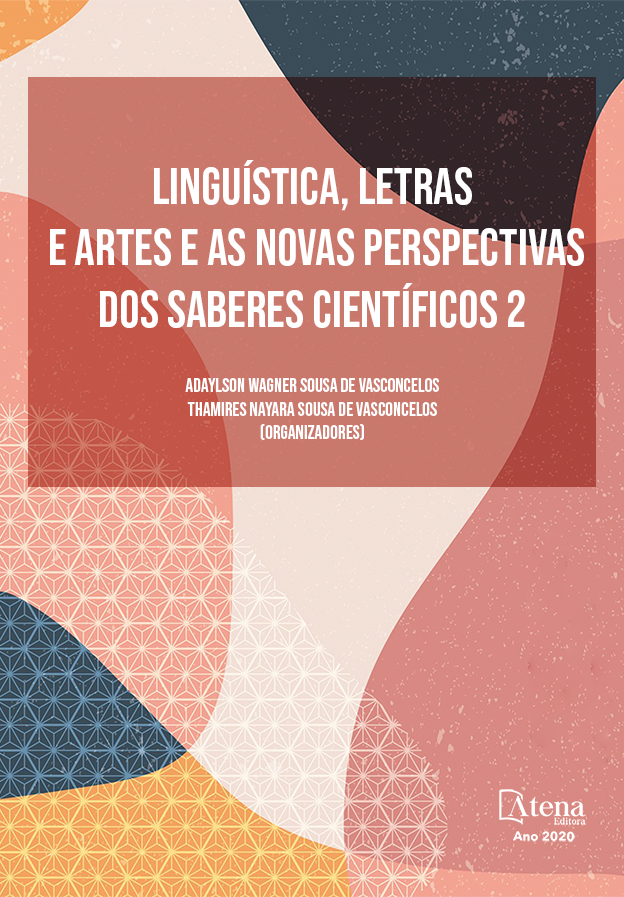
ESTUDOS COMPARADOS: INCURSÕES DA POESIA LÍRICA EM SALA DE AULA
O presente artigo propõe trazer discussões sobre a poesia lírica em sala de aula a partir do estudo comparativo entre As cigarras (Sérgio de Castro Pinto) e Módulo de verão (Adélia Prado). Conforme o ponto de vista de Julia Kristeva (2005), uma das características do discurso poético é a sua remissão densa a outros discursos, criando em torno do texto poético um espaço múltiplo de apreensão, ou espaço intertextual. Tal espaço reverbera, além das citações diretas e indiretas, um continuum dialógico com temas e signos, de modo a gerar em cada novo texto aprofundamento ou reelaboração de sentido. Diante dessa perspectiva, procura-se interpretar o corpus de análise através da configuração temática e simbólica do signo cigarras, observando como as cigarras fomentam um universo de leitura em cada texto. Os estudos comparados estimulam a leitura da poesia lírica em sala de aula, pois promove o dinamismo de apreensão do objeto literário, colocando o leitor diante das várias possibilidades de compreensão de um tema e dos aspectos interculturais da criação literária. Para Eduardo Coutinho e Tânia Carvalhal (1994) a função da literatura comparada é alargar a compreensão do fenômeno literário, o que promoveria o amadurecimento crítico do leitor e o letramento literário. O trabalho com a crítica comparativa pode ser um caminho para compreender os sentidos do texto poético, pois como destaca Hélder Pinheiro (2006) a crítica literária pode auxiliar o professor a descortinar com o aluno os sentidos de uma obra, possibilitando a fruição estética e, por conseguinte, a formação de leitores, já que o prazer pela obra advém, inicialmente, da sua compreensão.
ESTUDOS COMPARADOS: INCURSÕES DA POESIA LÍRICA EM SALA DE AULA
-
DOI: 10.22533/at.ed.6382008124
-
Palavras-chave: Poesia Lírica. Literatura Comparada. Letramento Literário. Crítica e Literatura.
-
Keywords: Lyric poetry. Comparative literature. Literary Literacy. Criticism and Literature.
-
Abstract:
This article proposes to bring discussions about lyrical poetry in the classroom from the comparative study between the cicadas (Sérgio de Castro Pinto) and Summer module (Adélia Prado). According to the point of view of Julia Kristeva (2005), one of the characteristics of poetic discourse is its dense reference to other discourses, creating around the poetic text a multiple space of apprehension, or intertextual space. Such space reverberates, in addition to direct and indirect quotations, a dialogical continuum with themes and signs, in order to generate in each new text a deepening or re-elaboration of meaning. Given this perspective, we seek to interpret the corpus of analysis through the thematic and symbolic configuration of the sign cicadas, observing how the cicadas foster a universe of reading in each text. The comparative studies encourage the reading of lyric poetry in the classroom, as it promotes the dynamism of apprehension of the literary object, placing the reader in front of the various possibilities of understanding a theme and the intercultural aspects of literary creation. For Eduardo Coutinho and Tânia Carvalhal (1994) the function of comparative literature is to broaden the understanding of the literary phenomenon, which would promote the critical maturity of the reader and literary literacy. The work with comparative criticism can be a way to understand the meanings of the poetic text, because, as Hélder Pinheiro (2006) points out, literary criticism can help the teacher to unveil with the student the meanings of a work, allowing aesthetic enjoyment and, therefore, the formation of readers, since the pleasure for the work comes, initially, from its understanding.
-
Número de páginas: 12
- Amanda Ramalho de Freitas Brito


